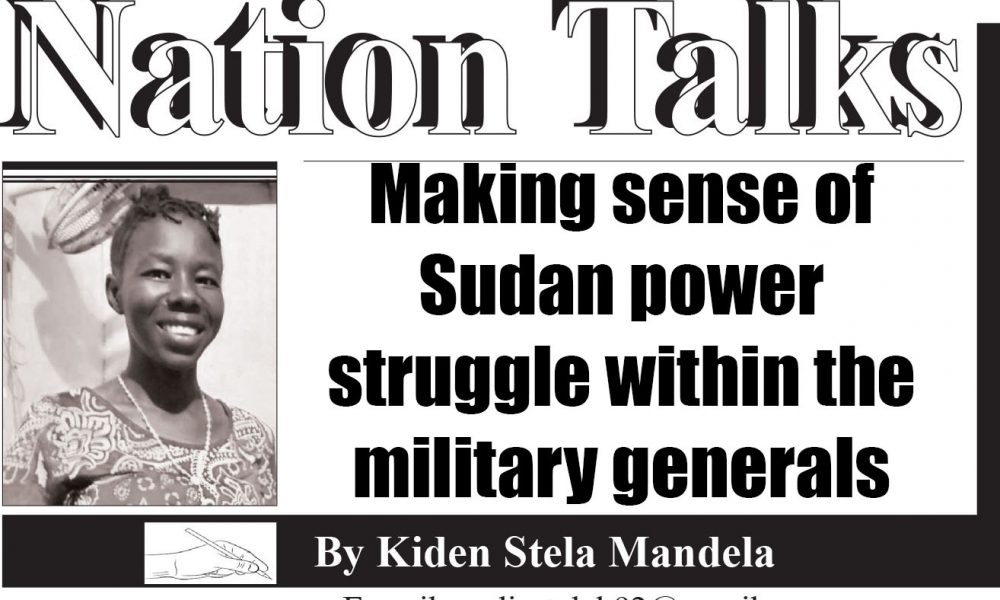The fall of Sudan’s former president Omar Al Bashir has paralyzed the Sudanese politics and society. This stems from his misruled and patronage style of governance.
Al Bashir ruled Sudan for three decades after he took power through military coup in 1989. Throughout his tenure, Omar relied on military power to cement his rule and had limited Sudan from democratic governance practices.
Both the military and civilian institutions meant to deliver services were all converged at him, making him the most powerful leader with absolute authority. The opposition voices were strictly suppressed, alongside crackdown on human rights crusaders including the press.
To get rid of challengers within the military and intelligence circles due to his long stay in power, he created militia in 2013 named paramilitary group which was codified as Rapid Support Forces (RSF) with separate budget financing direct under his command. This group got exposed to Sudan’s wealth and military power without oversights from civilian institutions and public scrutiny. Its commander became highly empowered and responded quickly at the aid of Bashir. The Rapid Support Forces had not aligned itself with the Sudan Arms Forces structures. It acted independently to procure or acquire arms, and military gear as well as it has good salary scale for its personnel compare with the Sudanese army.
However, when the Sudanese citizens after being subjected badly to the military rule of Bashir for decades, came out overwhelmingly in protest to challenge the dictator in 2019; the militia and the army agreed to topple Bashir government in support of Sudanese citizens’ protest quest for freedom and democratic governance.
The civilian led movement asserted their voices and sovereignty over Sudan’s political stake and demanded the military to hand over power to civilian authority. But it was a tag of war with the military generals tightening their grips on power, until the civilian authority headed by Prime Minister Abdalla Hamdok was overthrown in 2021.
Since then, power struggle emerged between the Rapid Support Forces and Sudan Arms Forces top generals. And yet these are the same generals overseeing the Sudan Sovereign Council as the country’s governing body. The civilian led movement was drawn back into negotiations with the generals with support from the international community. The deal was almost nearing completion to be signed, but thirst for power dustbin the hope and sent the generals to tap into their military mighty and resources to grab the country’s power with barrels of guns.
Disagreements emanated between the Rapid Support Forces and Sudan Armed Forces, over integration of the paramilitary group (RSF) in the army structures with unified command. The Sudan Arms Forces demand for the integration of the RSF within two years. However, the Rapid Support Forces demanded the process of integration to take up to ten years. This pitted the two camps against each other after failure to agree on the future of their forces. And the two camps appeared to have both different ideologies and backing from foreign powers making them to aim at snatching country’s power each other.
This, points to the dangers of having militia outside official army structures, and the indications that Omar Al Bashir did not build the institutions to withstand handling public oversights. Instead, empowered military individuals appeared to override civilian authority and the end result is turmoil and suffering by the citizens.
The political future of Sudan is murky with the cut-throat competition among the generals, and it appears to be ending if one gets rid of the other, which is very dangerous, given the ballooning violence over control of the Sudanese cities.




